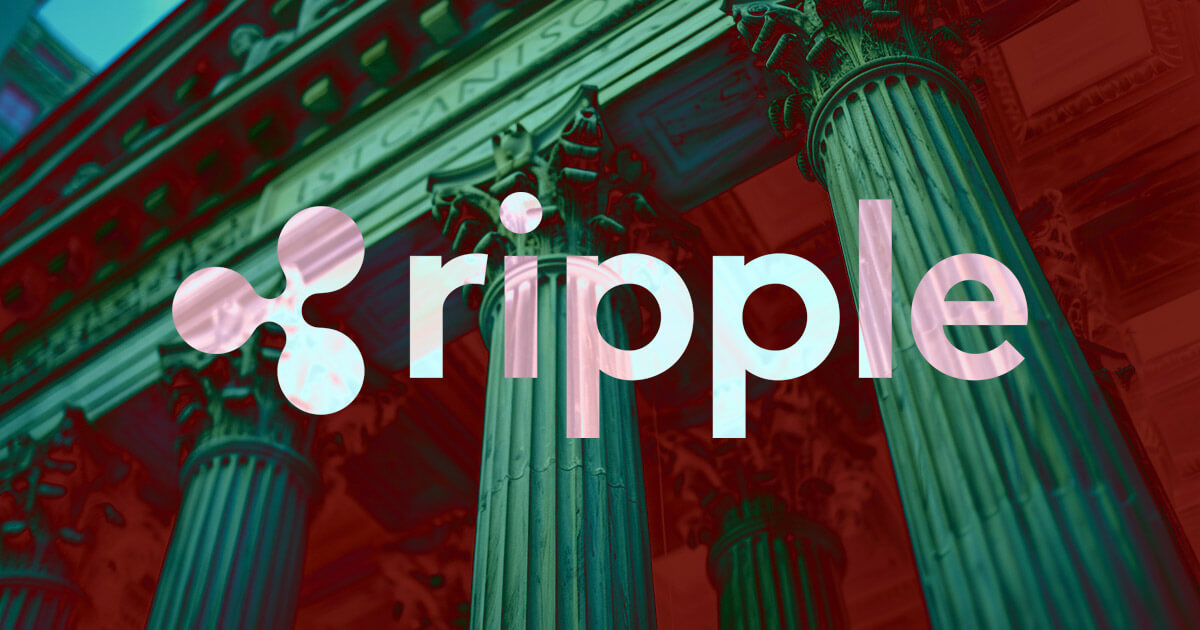
Ripple is set for new legal battles after a US judge in California approved a lawsuit against the crypto company over alleged misleading statements by its CEO, Brad Garlinghouse.
This means the case would go to trial and a jury would decide whether the Ripple boss misled investors into investing in the digital asset through a 2017 television interview with the Business News Network, where he said:
“I’m long XRP, I’m very, very long XRP as a percentage of my personal balance. . . . . [I am] not long on any of the others [digital] assets, because it is not clear to me what their real use is, what problem they really solve. . . if you solve a real problem, if it’s a large-scale problem, then I think you have a huge opportunity to grow that further. Obviously we’ve been very lucky, I’ll be staying XRP for a very, very, very long time, there’s an expression in the industry HODL, instead of holding, it’s HODL… I’m on the HODL side.
Ripple attempted to dismiss the “misleading statement” claim by stating that XRP was not a security. However, Judge Phyllis Hamilton noted that while XRP may not be classified as a security, it can still be considered one when sold to non-institutional investors.
The judge emphasized that investors’ profit expectations could make XRP a certainty, in line with one of the parameters of the Howey Test. She further noted that Ripple’s actions, such as its efforts to promote the use of XRP in cross-border payments and other applications, could lead investors to expect profits from XRP.
As a result, Judge Hamilton stated:
“Accordingly, the [Court] I cannot legally establish that Ripple’s conduct would not have led a reasonable investor to expect a profit from the efforts of others.”
Following CoinDesk’s reports that the filing indicated a “breakout” of New York’s ruling, Ripple Chief Legal Officer Stuart Alderoty noted that
“The CA judge dismissed all allegations indicating that Ripple violated federal securities law. New York’s ruling that XRP is not a security remains unaffected.
One constitutional claim, based on a 2017 statement, is being taken to court. The plaintiff — who didn’t buy directly from Ripple and can’t say whether he even heard the statement before trading — would have lost a few hundred dollars. We look forward to that cross-examination”
Breakdown of the court’s findings
- Summary judgment:
-
- The court granted summary judgment in part and dismissed it in part for the defendants’ claims.
- Defendants will receive summary judgment on the federal and state claims brought by the plaintiffs, meaning these claims will not go to trial.
- The court denied summary judgment for plaintiff Bradley Sostack’s individual claim under California law, which will go to trial.
- Claim overview:
-
- Federal Claims: Plaintiff’s federal claims for unregistered securities are barred by the statute of repose.
- Advances in constitutional law: Plaintiff has failed to establish a private relationship (a direct relationship) with Defendants, which is required for California state law claims involving unregistered securities.
- Claiming misleading statements: The court denied summary judgment alleging that defendant Garlinghouse made misleading statements about its position on XRP. This claim will go to trial.
- Daubert moves:
-
- Two motions regarding expert testimony on collective damages were denied because the collective claims were resolved.
- Ruling on the remaining four Daubert motions was postponed, with the parties given 28 days to reassess their position on the necessity of these motions.
- Motions to Seal:
-
- The court directed the parties to file a limited motion to seal certain exhibits by July 8, 2024, after refusing to seal portions of the briefs.
The document establishes the next steps for the individual misleading statement claim and outlines the resolution of class claims under federal and state securities laws.
Ripple has not yet responded Crypto Slates request for comment as of press time.
Updated: Added public comments from Ripple.

